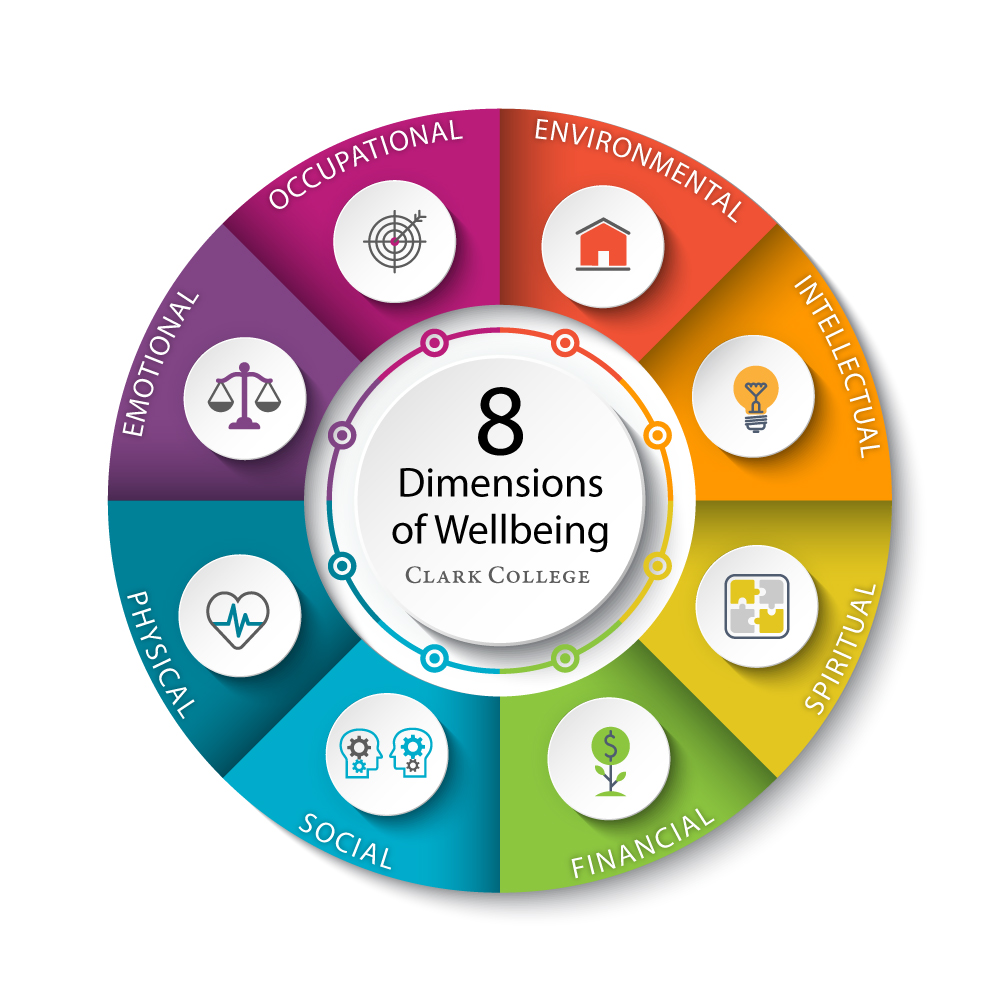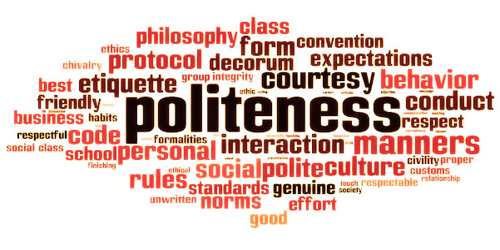A WELL PERSONALITY OF PERSON/AND HOW TO IMPROVE PERSONILITY??
A WELL PERSONALITY OF PERSON
We all want more well-being in our lives. But which traits are most likely to be associated with well-being? This is an important question because it can help inform our decision to cultivate some aspects of our being over others, and can even inform culture-wide interventions to increase societal levels of well-being.
But in answering this question there are some important considerations. For one, what aspect of well-being are we talking about? In recent years, multiple aspects of well-being have been studied that go beyond the stereotypical smiling and positive vibes associated with happiness (see here for a review). Here are 11 dimensions of well-being that have been systematically investigated based on three prominent models of well-being (Subjective Well-Being, Psychological Well-Being, and PERMA):
8 Dimensions of well-being:
Each of these 5 personality traits were independently related to a wide range of well-being measures. In other words, these are 5 different personal paths to well-being. If you score high in any of these 5 personality aspects, you are probabilistically more likely to have high well-being across multiple aspects of your life.
1. Enthusiasm
People who score high in enthusiasm are friendly, sociable, emotionally expressive, and tend to have lots of fun in life. Enthusiasm independently predicted life satisfaction, positive emotions, less negative emotions, environmental mastery, personal growth, positive relations, self-acceptance, purpose in life, engagement, positive relationships, meaning, and achievement.
2. Low Withdrawal:max_bytes(150000):strip_icc()/does-prednisone-tapering-minimize-withdrawal-190242_final-892a01abcd91498eae7035dd2bfdbaab.png)
LOW WITHDRAWAL
People who score high in withdrawal are easily discouraged and overwhelmed, and tend to ruminate and be highly self-conscious. As a result, they are susceptible to depression and anxiety. Lower levels of withdrawal predicted greater life satisfaction, positive emotions, and less negative emotions. Lower levels of withdrawal also predicted greater autonomy, environmental mastery, personal growth, positive relationships, self-acceptance, meaning and purpose, relationships, and achievement.
3. Industriousness
People who are industrious are achievement-oriented, self-disciplined, efficient, purposeful, and competent. Industriousness is strongly correlated with "grit"- passion and perseverance for long-term goals. Industriousness was correlated with life satisfaction, positive emotions, less negative emotions, and more autonomy, environmental mastery, personal growth, positive relationships, self-acceptance, meaning and purpose, engagement, and achievement.
People who are compassionate feel and care about others' emotions and well-being. Compassion was correlated with more positive emotions, and more environmental mastery, personal growth, positive relationships, self-acceptance, meaning and purpose, engagement, and achievement
5. Intellectual Curiosity
 |
| Intellectual Curiosity |
Two More Limited Predictors of Well-Being
While the 5 traits above were the clear winners when it came to predicting a large swath of well-being, these two traits were still predictive of certain aspects of well-being.
1. Assertiveness
People who score high in assertiveness are socially dominant, motivated to attain social status and leadership positions, and tend to be provocative. We found that assertiveness was positively related to autonomy in life (being independent and able to resist social pressures) but was also related to greater negative emotions. This makes sense considering that being autonomous often requires nonconformity and standing up for what you believe in, which can make us feel less happy in the moment. Interestingly, enthusiasm predicted LOWER levels of autonomy, as well as less negative emotions. As we note in the our paper, enthusiastic people may be less likely to go against social consensus if this makes social interactions less enjoyable, whereas assertive individuals may be comfortable with boldly voicing their opinions if this helps them to attain rewards such as status, even to the possible detriment of other forms of adjustment.
2. Creative Openness
People who score high in creative openness need a creative outlet, and appreciate beauty, daydreaming, imagination, fantasy, and feelings. We found that both creative openness and intellectual curiosity had independent associations with personal growth and engagement. Therefore, while intellectual curiosity appears to be more widely predictive of well-being, creative openness is still a path to two key elements of well-being: personal growth and engagement. This is consistent with prior research on the link between living the creative life and certain forms of well-being.
The 3 Traits Not Predictive of Well-Being
These three traits were just not predictive of well-being, no matter what measure of well-being we looked at. These findings may be surprising to some people (especially those raised with certain values).
1. Politeness
People who score high in politeness tend to be fair and considerate, respect others' needs and wants, and cooperate easily. Politeness was not correlated with any form of well-being! That's right. Being polite all the time doesn't seem to be related to well-being. Remember, assertiveness is different than politeness.
2. Orderliness
People who score high in orderliness have a preference for tidiness and routine, and tend to be perfectionistic. Like politeness, orderliness was not correlated with any of our measures of well-being. Well, except for one variable: Orderliness predicted lower levels of personal growth! So being super obsessed with orderliness in your life really isn't doing you any favors when it comes to well-being.
3. Volatility
People who score high in volatility are susceptible to mood instability and irritability, and have difficulties with impulse control. Interestingly, once we took into account withdrawal (see above), volatility was not predictive of any any measure of well-being. Therefore, if you tend to be a really moody, impulsive person, as long as that doesn't also make you anxious and fearful, then you are not lowering your probabilities of having higher well-being!
Can You Be Happier By Changing Your Personality?
These findings show that there are certain traits you can capitalize on more if you want to increase well-being in your life. There are multiple personal paths to well-being.
But what if your personality profile seems really detrimental to well-being? Relax! Personality can be changed. A large number of scientific studies are piling up now showing that interventions exist to change personality, and that a change in personality has a direct effect on changes in happiness. What's more, a makeover in happiness can also affect our personality!
If anything, I think these findings are optimistic (maybe it's because of my high levels of enthusiasm). For one, it highlights that there are multiple routes to well-being. But less well recognized, it also highlights that there are multiple personality profiles that can get you there. The standard story is that well-being is all about extraversion and emotional stability. But these findings show the importance of including a broader array of personality traits, and leaving open possibilities for individual changes in personality as well as cultural interventions that can help all people increase their happiness by influencing their patterns of thoughts, feelings, and behaviors.
WRRITEN AND PRESENTATE BY RAJA UMER NAVEED DATE :29/03/2023




:max_bytes(150000):strip_icc()/Volatility-89fb205b705c493ba02c00a3fc4964cd.jpg)

Comments
Post a Comment